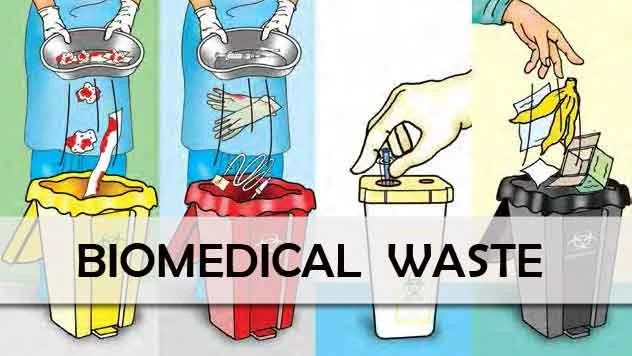Edit Content
About Us
Apex Hospital: Your pinnacle of healthcare excellence. State-of-the-art facilities and compassionate professionals ensuring top-tier medical services and patient satisfaction
Contact Info
- Opposite General Bus stand K.P Road Anantnag.
- 01932-295685
- apexpharmacyang@gmail.com






